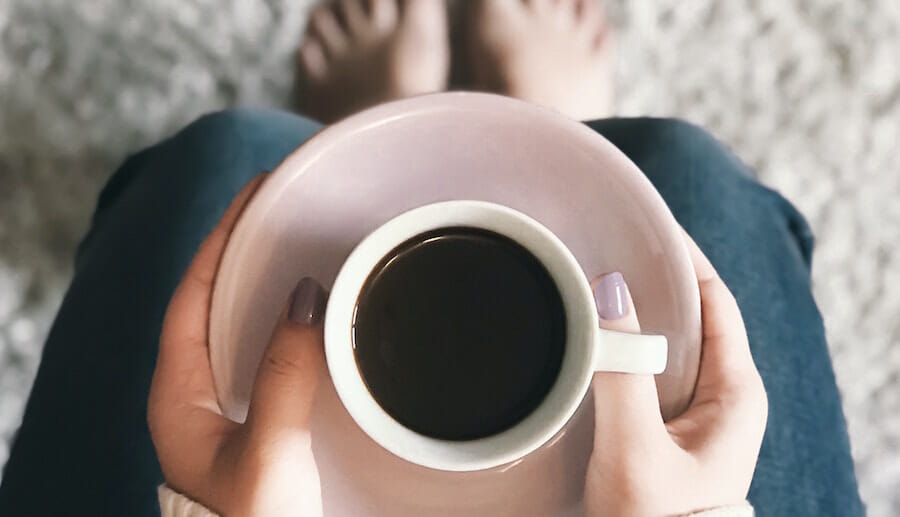
Coffee in ingrained in our culture. Many (if not most) people consider it an essential daily sustenance, but could it be contributing to chronic pain that you may be experiencing? Not necessarily, but possibly. On the flip side, some of you have heard that coffee may also assist in pain management. That too can be true. Confused? Let’s clear it all up!
A Look at How Coffee Consumption Can Impact Chronic Pain That You May Be Experiencing
How Coffee Can Increase Pain
A combined study by the American Congress of Rehabilitation Medicine and the American Academy of Physical Medicine and Rehabilitation found that people with chronic back pain consume over twice as much caffeine as patients without chronic back pain. This on its own does not indicate a direct correlation per se, but the fact that back pain sufferers consume more coffee does infer a need to address one concern – caffeine stresses your adrenal glands.
When your adrenal glands are stressed, skeletal muscles which indicate adrenal function (including the sartorius and gracilis) can be weakened, causing the sacro-iliac joint to subluxate posteriorly (toward the back) which may lead to lower back pain.
Of course, there are less direct ways that coffee consumption can lead to increases instances of chronic pain. For instance, caffeine can affect your sleep pattern, which most certainly can aggravate injuries and underlying issues that cause pain.
Then there’s the fact that caffeine acts as a central nervous system stimulant. Some experts state that when the nervous system is more alert, it also becomes more “aware” of pain.
How Coffee May Actually Help With Pain Management
Some of you can let out a sigh of relief, because coffee can actually help with pain management. How is this possible?
There are chemicals commonly found in coffee that bind to and block adenosine receptors. Adenosine receptors in your brain play an integral role in your perception of pain perception. When an agonist (i.e. caffeinated coffee, in this instance) is introduced, a pain-relieving affect typically follows. In addition, coffee also stimulates the release of dopamine and beta-endorphins, both of which are neurotransmitters that serve as a natural pain reliever.
So there you have it. There are two sides to the story.
Still confused? Like with anything, moderation is the key. If you find that an uptick in coffee consumption seems to be correlated with an immediate increase in pain, try limiting your consumption for two weeks and take note of any change. That said, the converse may be true. If you find that when going without coffee you are more likely to notice pain then you may be one of the lot who actually benefit from a cup (or two) of java. But again, Starbucks visits are no substitute for sessions with a physiotherapist. If you want to be rid of chronic pain you need to make physiotherapy a part of your routine too. Schedule a consolation at Absolute PhysioCare today.
